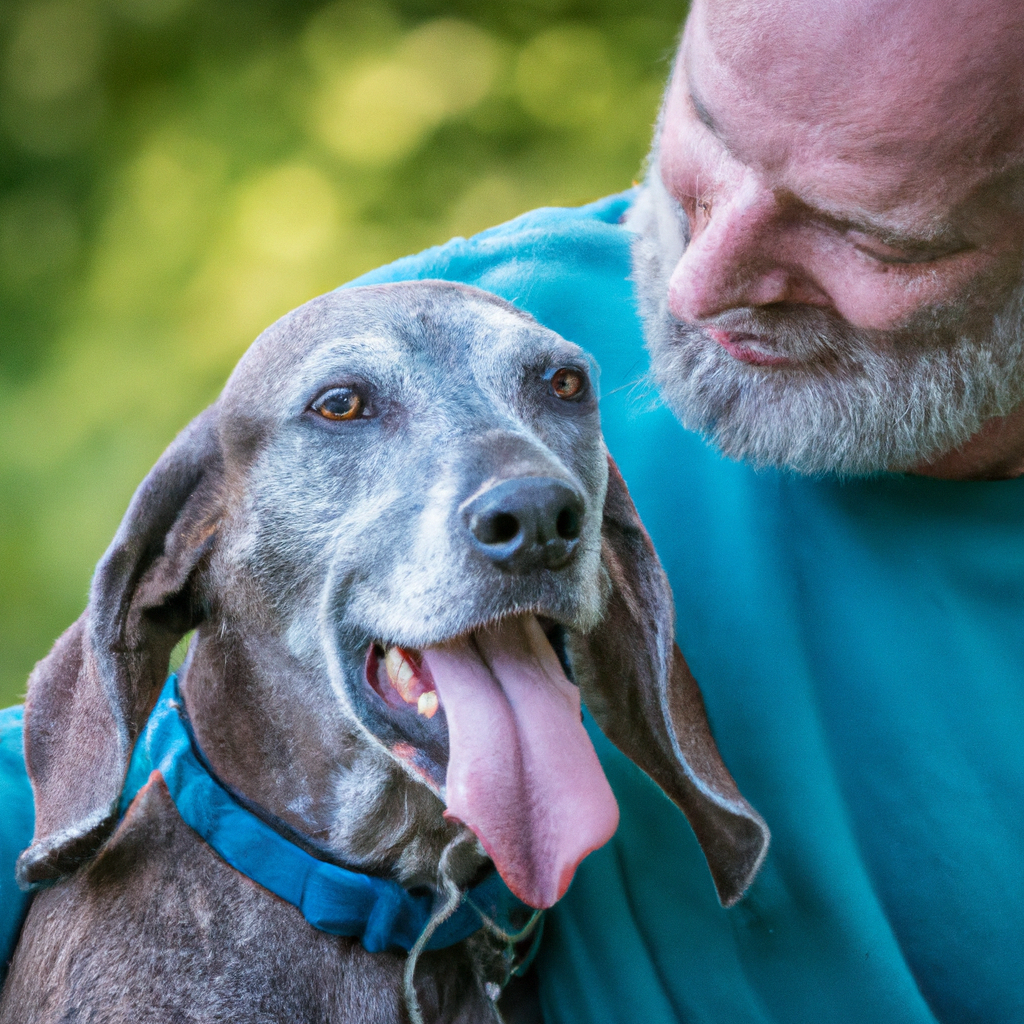Dog Breeds That Are Good for Hot Climates
Dog Breeds That Are Good for Hot Climates Living in a hot climate can be challenging for both humans

Dog Breeds That Are Good for Hot Climates
Living in a hot climate can be challenging for both humans and their furry friends. Dogs are especially susceptible to heat-related health issues, which is why it’s important to choose a breed that can thrive in hot climates. If you reside in a region with warm temperatures year-round, here are some dog breeds that are known to handle the heat well:
Basenji
The Basenji is a small hound breed known for its high energy levels and intelligence. Originating from Central Africa, this breed has adapted to hot climates, thanks to its short coat and strong hunting instincts. They are relatively low maintenance when it comes to grooming and are generally healthy dogs.
Chihuahua
As the smallest dog breed in the world, the Chihuahua is an excellent choice for hot climates. They have a single coat, making them less prone to overheating. Chihuahuas are loyal and independent, making them ideal companions for individuals living in apartments or smaller spaces.
Greyhound
Known for their incredible speed, Greyhounds are an ancient breed that originates from Egypt. Despite their athletic nature, they are surprisingly well-suited for hot climates. Their short coat and lean body help them dissipate heat efficiently. Greyhounds are gentle and calm, making them great family pets.
Dalmatian
Popularized by the Disney movie “101 Dalmatians,” this breed is known for its striking coat pattern. Dalmatians have a short and dense coat that helps regulate their body temperature. They have a playful and energetic temperament, requiring regular exercise to keep them happy and healthy.
Conclusion
When choosing a dog breed for hot climates, it’s essential to consider their coat, body structure, and origin. The Basenji, Chihuahua, Greyhound, and Dalmatian are just a few examples of dog breeds that can thrive in warmer climates. Remember, it’s crucial to provide them with plenty of shade, fresh water, and avoid prolonged exposure to extreme heat. Always consult with a veterinarian to ensure you meet the specific needs of your chosen breed.






